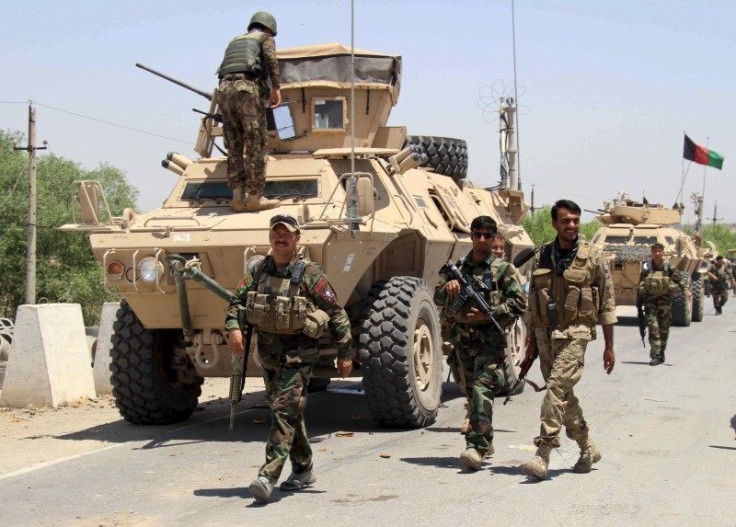Afghan Inquiry Says Poor Leadership Let Taliban Seize Kunduz

KABUL (Reuters) -- Afghan investigators blamed leadership failings Saturday for the Taliban's capture of the city of Kunduz in September, a finding that may deepen concerns about the government's grip on security.
The Taliban's seizure of the northern city was a major setback for the government of President Ashraf Ghani and prompted Washington to prolong the 14-year-old U.S. military engagement in Afghanistan.
"The biggest failure was the leadership," Amrullah Saleh, a former chief of the national intelligence agency, told a news conference in Kabul.
"On the day of crisis, nobody knew who was in charge."
Saleh, who was named by Ghani to head the investigation, did not single out military or government officials for blame but said he had proposed reform of the National Security Council -- a body headed by the president that oversees national security.
Taliban militants, who are fighting to expel foreign troops and oust the U.S.-backed government, held Kunduz for three days before government forces, backed by U.S. troops and aircraft, drove them out.
Saleh said U.S. airstrikes had prevented the Taliban from capturing Kunduz airport. He did not refer to a mistaken U.S. attack on a Kunduz hospital run by the Medecins Sans Frontieres aid group in which 22 people were killed.
Saleh's team found no evidence that government forces in Kunduz lacked ammunition or food, but he criticized what he called their "complicated structures."
Government spokesmen were not immediately available for comment on the findings.
The fighting in Kunduz drove tens of thousands of residents out of the trade gateway to Tajikistan and Central Asia, and dealt a heavy blow to slim hopes for peace.
Nearly 200 people were killed, including residents, police and soldiers, the provincial governor said, adding that Taliban casualties were higher.
Since the withdrawal of international troops from most combat operations at the end of last year, the brunt of the fighting has been borne by Afghan forces.
U.S. President Barack Obama said in mid-October that Afghan forces were not as strong as they needed to be, given a "very fragile" security situation and that the United States would maintain a force of 9,800 through most of 2016.
© Copyright Thomson Reuters 2024. All rights reserved.




















